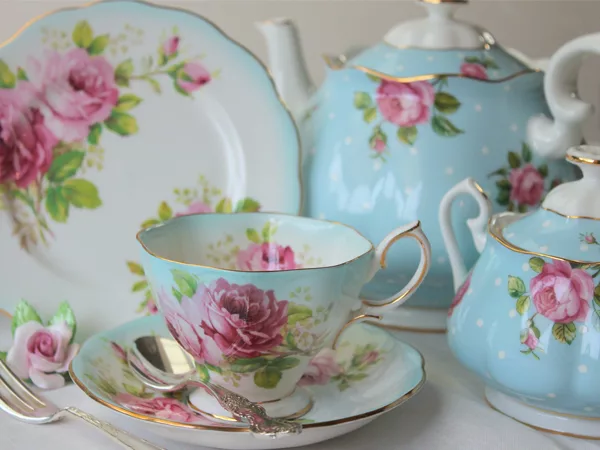Your Adult Kids Don’t Want Your Stuff

You’ve spent years gathering those treasured tchotchkes, those valued vases, and those handsome heirlooms. Maybe you even have a collection of cool coins.
But your kids asked me to tell you they don’t want your stuff. And many are reluctant to say so themselves because they know you’re attached to your collections.
In my practice, I’ve spoken with people who want to itemize each porcelain figurine, decorative plate, and framed art print in their will to ensure these items go to specific people. Usually, they believe these items have appreciated in values since they’re “collectible,” “old,” or bore a hefty price tag when purchased initially.
In truth, many of these collectibles have little monetary worth. An overabundance of these items in the secondary market has made them difficult to find new homes.
The younger generation is generally more minimalistic and practical in their décor and furnishing choices. They know they have neither the space nor the inclination to store or display these items.
Carol Matesic, certified personal property appraiser and CEO of JLA Treasures, has been in the estate sale business for more 20 years. She’s seen first-hand the shifts in demand. Among the items she said have fallen out of favor are China place settings, silverplate items, and crystal drinkware.
“Young people do not use dishes that cannot go into a dishwasher,” Matesic said.
Thus, the demand for China cabinets, hutches, and curio cabinets has decreased. There’s little need to store and display traditional dishes and figurines.
Additional household items Matesic said have lost popularity include pianos, outdated electronics, appliances, VHS tapes, CDs, DVDs, heavy wood furniture, figurines, dolls, stamps, books, and vintage soft-sided luggage.
Indeed, I frequently hear from people settling estates how overwhelmed they are in dealing with the sheer volume of stuff. They recognize memories accompany the items and feel guilty for getting rid of them. But they realize they have no place to put these pieces and likely won’t use them. What many people view as assets are liabilities by the next generation.
Additionally, when faced with a house full of stuff to clear out, executors cannot easily differentiate between the items carrying particular sentimental or monetary value and those that do not. They end up painting everything with a broad brush as junk.
It may be a good time to look around you. Ask your family members about their level of interest in particular pieces. If they like something, and you don’t currently use it, consider giving it to them now (you can always reclaim or ask to borrow it if necessary).
If you believe your items are valuable, obtain an appraisal for each piece. Ensure the appraisals are attached to the item so it’s not inadvertently junked by someone unfamiliar with its worth. Think about selling, donating, or gifting the extra things you have lying around. This process reduces clutter, makes your home easier to keep tidy, and minimizes the burden on those tasked with taking care of your affairs.
Your kids are not interested in your things. But they are interested in your stories and memories. Tell them about essential items. Discuss how you acquired them, why they are meaningful, and the experiences you had surrounding them. Consider writing these memories down to preserve them. Your children and your grandchildren will thank you for the effort.






